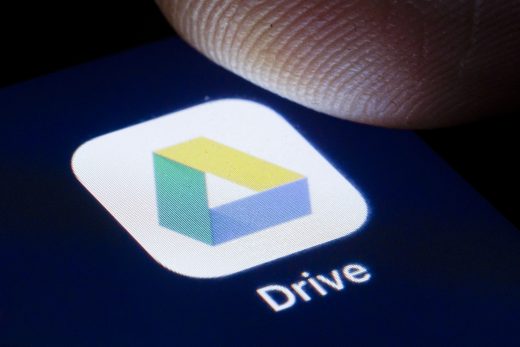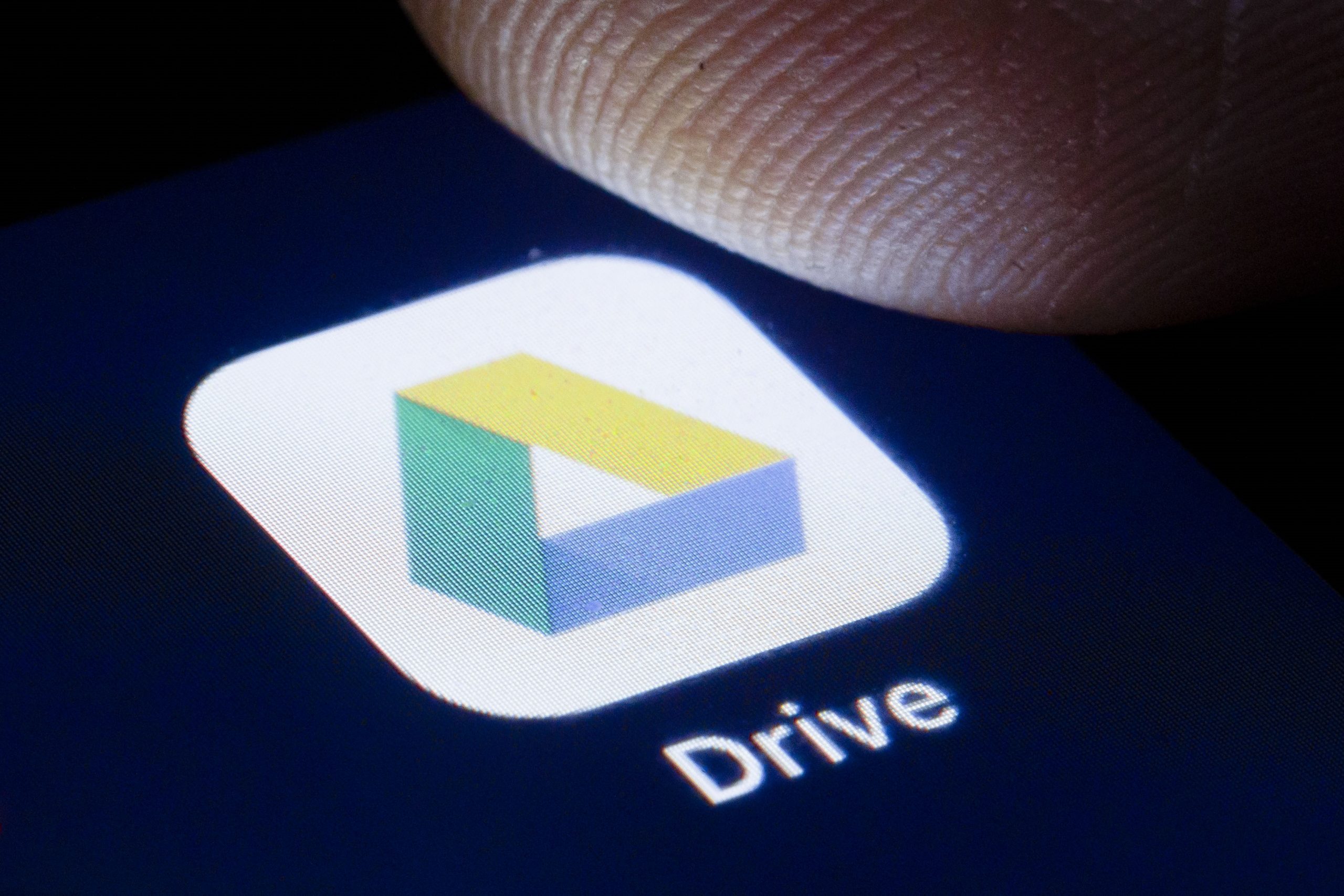Google Drive flaw may let attackers fool you into installing malware
Google Drive may have a way for hackers to trick you into installing rogue code. System administrator A. Nikoci has told The Hacker News about a flaw in Drive’s “manage versions” feature that could let attackers swap a legitimate file with malware. The cloud storage service reportedly doesn’t check to see if a file is of the same type, or even enforce the same extension. An innocuous cat photo may be a program in disguise.
The online preview doesn’t hint at any changes or raise alarms, so you might not know there’s a problematic file until you’ve already installed it. Chrome seems to “implicitly trust” the Drive downloads even when other antivirus programs detect something amiss.
The approach could be used for spear phishing attacks that trick users into compromising their systems. You might get a notification of a document update and grab the file without realizing the threat.
Nikoci said he notified Google about the issue, but that it was still unpatched as of August 22nd. We’ve asked Google for comment.
This would mainly be useful for attacking companies that rely on Google Drive for sharing documents, but that’s increasingly common. The description also suggests that this would require a significant change to Drive’s version control. For now, the best solutions may be to use antivirus software and be wary of Google Drive file update alerts, especially if you weren’t expecting them.
Update August 25th 4:09PM ET: According to Google, the files referenced by the researcher were not yet flagged as malicious, and that files are regularly scanned for viruses and malware prior to download. The company said that attackers cannot evade virus scanning by changing file attributes and that Chrome will always warn users for known malware, even if it comes from Drive.
(35)




